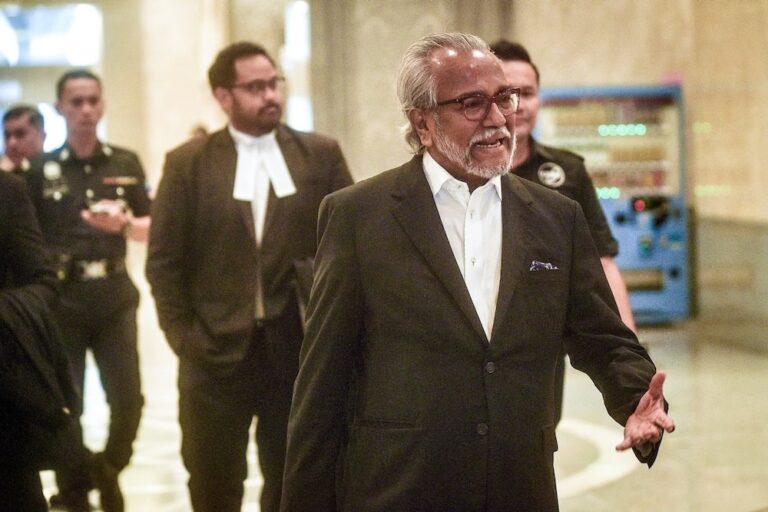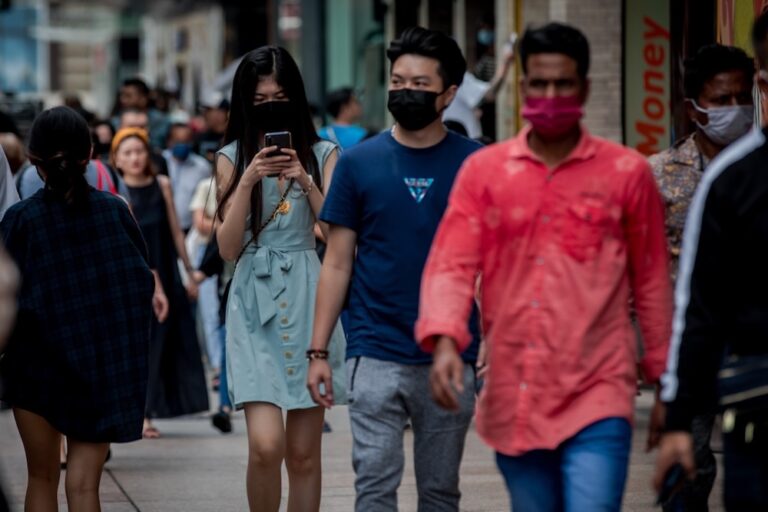(SEAPA/IFEX) – An official of Malaysia’s Ministry of Internal Security admits he has occasionally contacted newspaper editors to remind them to adhere to provisions in the country’s draconian 1984 Printing Presses and Publications Act (PPPA). The PPPA gives the internal security minister absolute discretion in granting, refusing, revoking or suspending a publishing license, with no […]
(SEAPA/IFEX) – An official of Malaysia’s Ministry of Internal Security admits he has occasionally contacted newspaper editors to remind them to adhere to provisions in the country’s draconian 1984 Printing Presses and Publications Act (PPPA).
The PPPA gives the internal security minister absolute discretion in granting, refusing, revoking or suspending a publishing license, with no option for judicial review.
On 17 March 2007, Deputy Internal Security Minister Fu Ah Kiow was quoted by national news agency Bernama as saying that he has had to reprimand editors “when sensitive issues are published”. He reportedly made the statement during a dinner function with the media.
Fu could not be reached for clarification while his aide Alex Teh Yeow Ming declined comment when contacted by the Centre for Independent Journalism (CIJ), a SEAPA partner in Malaysia.
Meanwhile, on 17 March, independent online daily http://www.Malaysiakini.com reported on a circular from the Internal Security Ministry to all mainstream press, which warned them not to quote “unverified anti-government articles” from blogs and other online sites.
Malaysiakini.com published a scanned copy of the 13 March letter, which said, among others, that “newspapers should not manipulate public sentiment and violate journalistic principles as such actions could undermine national stability and security. Such attitude and actions are not in keeping with the principles of openness and transparency, which the government wants to promote”.
The press was “reminded not to publish or focus on baseless, speculative or untrue articles” from the Internet, and that under condition no. 11 of the annual publication permits, they are required to comply with the ministry’s directives.
SEAPA notes that, underscoring the government’s noose on the mainstream press, there has been practically no news about the circular, let alone objection from the latter.
In a 19 March release ( http://www.cijmalaysia.org/display_story.asp?ID=484 ), CIJ pointed out the irony of the government thwarting its goals of openness and transparency through such interference in the media. “(The government) is now seen to be hiding something and is restricting Malaysians who are without Internet access from getting information . . . Imposing secrecy and media blackouts will cause the government to lose its credibility and the trust of the people,” CIJ warned.
Said Charter2000-Aliran, another local media watchdog, in a 19 March release ( http://www.aliran.com/content/view/213/11/ ): “The government’s attempt to muzzle and shackle the mainstream media only confirms the suspicion that the recent ‘exposés’ of these financial scandals by some blogs and portals might have embarrassed and indeed irked the powers that be.”
The Internet has been rife with talk about the alleged corrupt acts of the head of the Anti-Corruption Agency and of a deputy minister with the Internal Security Ministry, prompting the mainstream press to take up the issue.
SEAPA joins CIJ in urging the Malaysian government to repeal the Printing Presses and Publications Act and to respect editorial independence as a component of the people’s right to freedom of expression.


